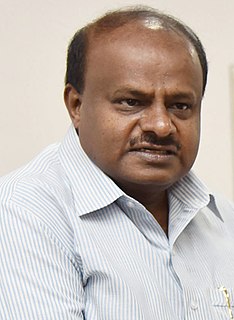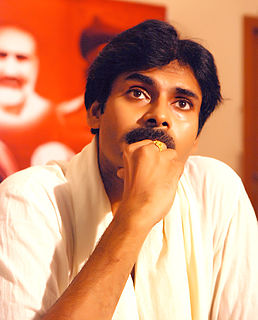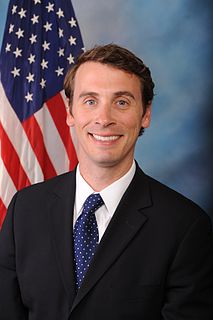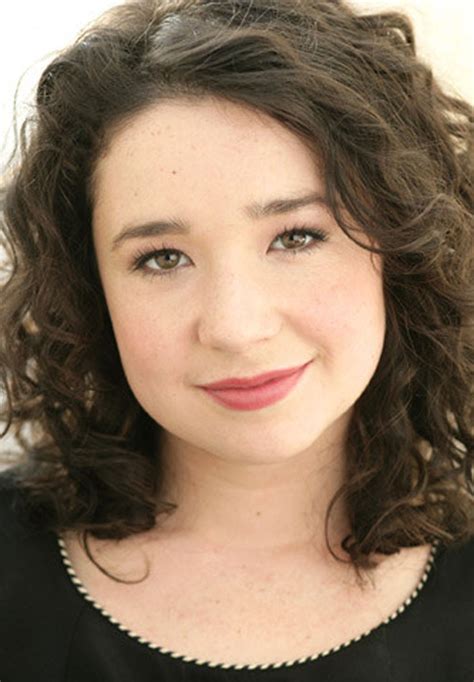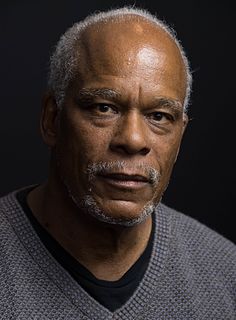A Quote by H. D. Kumaraswamy
People cutting across caste and communal lines like me. I go to north Karnataka, where people from all communities come to my meetings and rallies.
Related Quotes
In this age, I don't care how tactically or operationally brilliant you are, if you cannot create harmony - even vicious harmony - on the battlefield based on trust across service lines, across coalition and national lines, and across civilian/military lines, you need to go home, because your leadership is obsolete. We have got to have officers who can create harmony across all those lines.
Caste is a delicate issue. It's ubiquitous, and we are full of it. We should start to change things from individual level. But when you go to people and deny caste, they may not react favourably. I think if a decisive percentage of people, especially elites, start marrying out of their caste, we may see a casteless India in a generation's time.
In this age, I don't care how tactically or operationally brilliant you are: if you cannot create harmony - even vicious harmony - on the battlefield based on trust across service lines, across coalition and national lines, and across civilian/military lines, you need to go home, because your leadership is obsolete.
My own view - and I'm very open to hearing other perspectives - is that this movement-building needs to begin at home, in local communities. It isn't about trying to launch a brand new national party overnight. It's about people in communities coming together across lines of difference, bringing with them their movements, their families, and coming together and saying, "How can we together build a movement of movements here at home? What would that look like? What do we want to do right here in our communities?"
We're going to do three things: teach-ins across the country so people can learn about each other's issues and causes; parties with a purpose so we can shake our butts and not let this man steal our joy; and we're going to do big concerts and revivals with some of the biggest artists in the world. If [Donald] Trump can have 20,000 people for big hate rallies then we can have 40,000 people in arenas for love rallies.
You can go to these chat-lines. It's not hard it's really easy. Another thing the show makes clear is not talking about these issues is what leads kids to go on the Internet and find out the information themselves. And then they come across people like Mr. Healy wanting to meet them in the park. That's what leads to these kind of more-dangerous things.
Latino actors and actresses have had to struggle for decades, but when I came around with Real Women Have Curves, attitudes were starting to change. We screened the film all over the world - in Jewish communities, black communities, Greek communities, German communities - and people across the board said, "That's my family."
